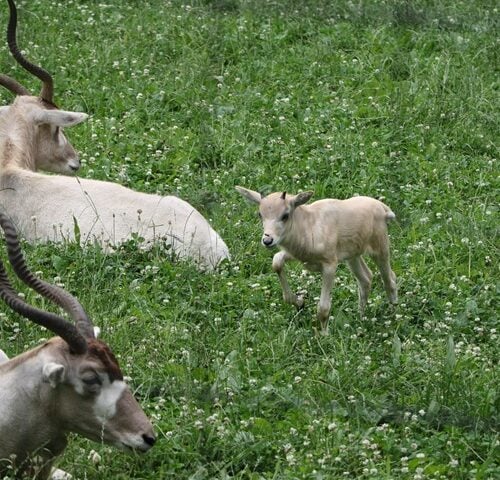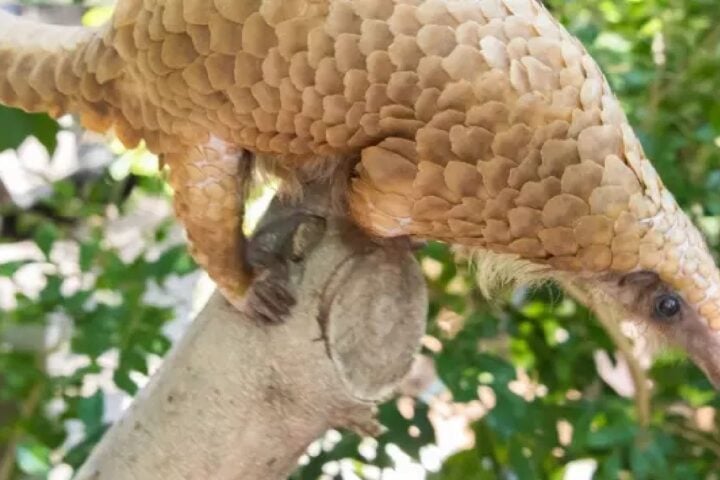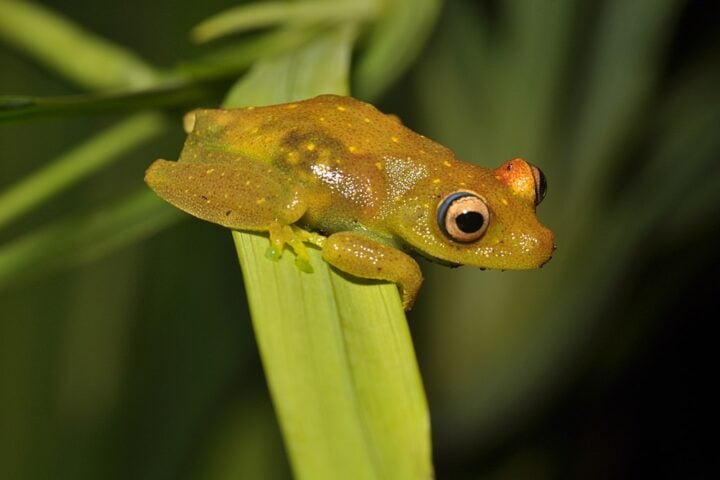The dogs living near the Chernobyl radiation zone are helping scientists with useful insights into the long-term effects of radiation exposure on genetic diversity.
The dogs are believed to be descendants of abandoned pets abandoned during the 1986 nuclear disaster.
Because their exposure to varying levels of radiation can present distinct genetic differences between populations.
Researchers have managed to collect over 300 preserved blood samples from these dogs and have commenced the study to analyze the impact of ionizing radiation on their health, including increased rates of cataracts and other developmental abnormalities.
The dogs’ unique genetic diversity makes them ideal candidates for future studies focused on the effects of long-term radioactive environments on large mammal populations and their genetic health.
Researchers and volunteers have managed to treat and obtain samples from the dogs, which might provide a once-in-a-lifetime opportunity for advanced genetic research.
The researchers and volunteers have carried out their task along with current challenges of working in a war-torn area
The effects observed in the dogs might be similar to the effects seen in atomic bomb survivors from Japan during World War II.
The study also reveals that the dogs dwelled close to each other, moved between sites and bred freely.
This provides a wide genomic variation within and across geographic locations.
Researchers are now in position to determine the genetic modification of the dogs in the past several generations.
This study will also provide a window into how they have survived and propagated through that time.
The findings from this study might have significant implications for understanding the biological effects during human survival in regions of high and continuous radiation.
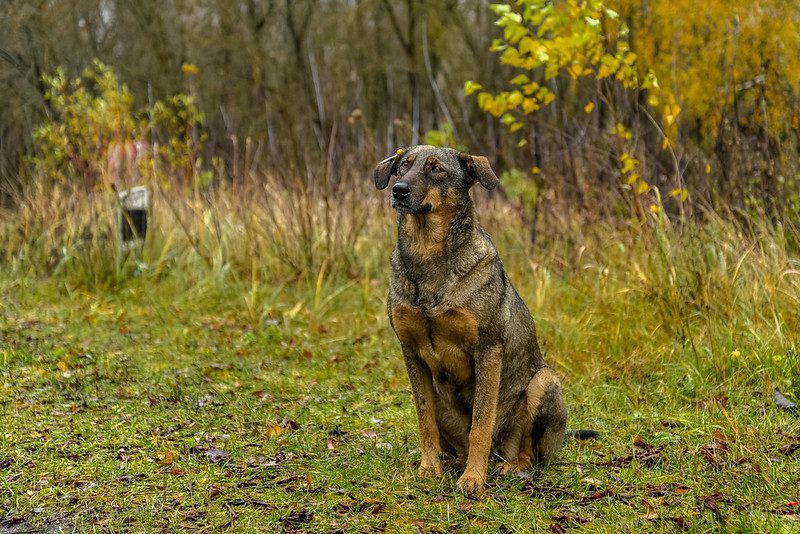

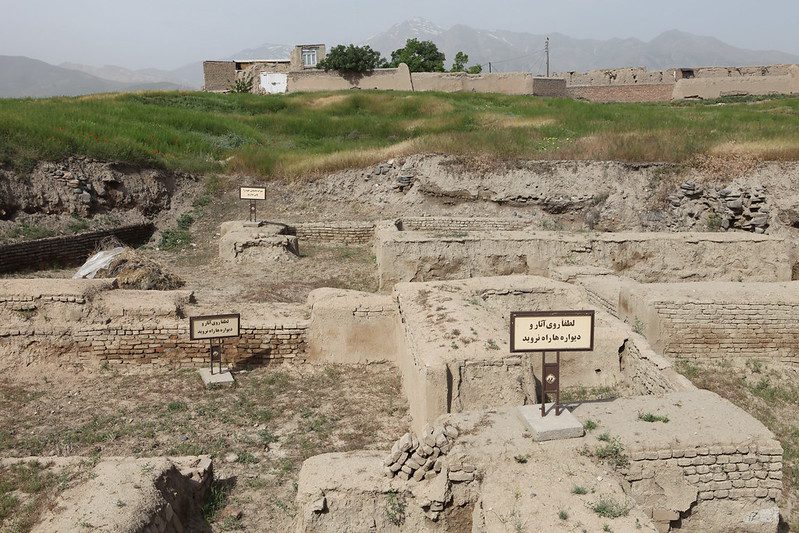
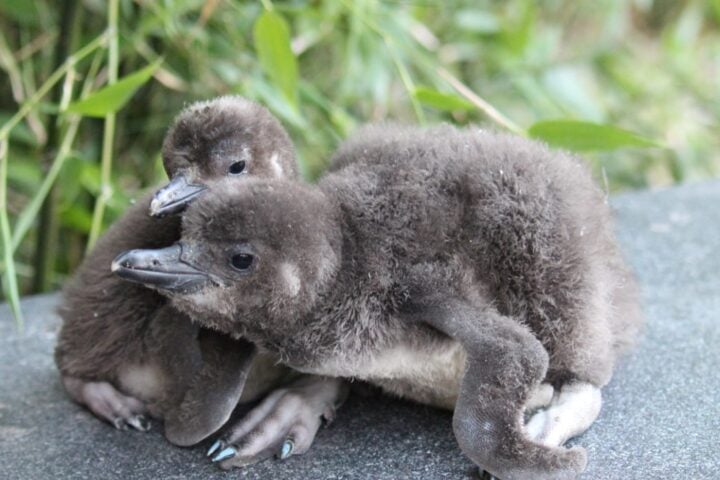
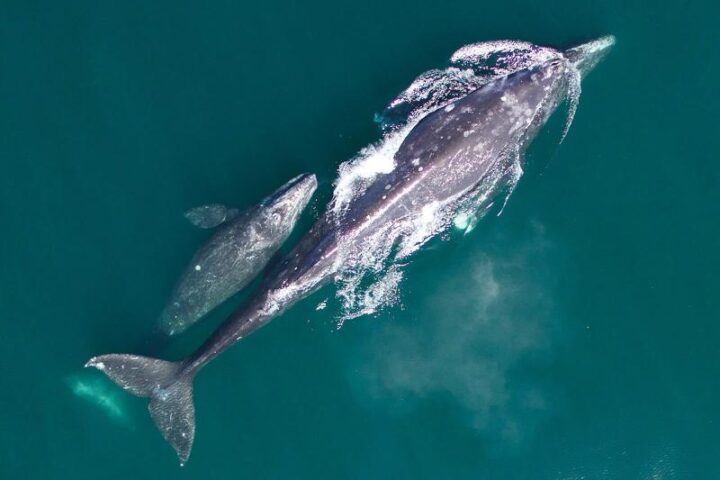
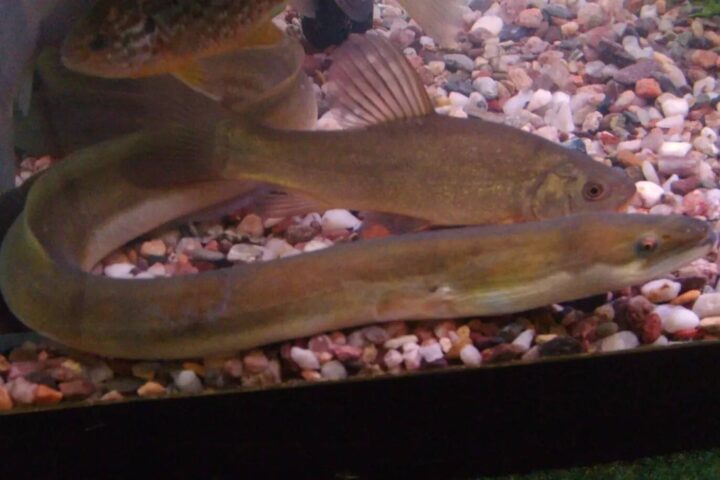





![A male [[Great white shark]] off [[Isla Guadalupe]], [[Mexico]]. Along with many [[Mackerel scad|Mackarel scads]] seen in the background. Photo Source- Terry Goss (CC BY-SA 3.0)](https://www.karmactive.com/wp-content/uploads/2025/06/White_shark-720x480.jpg)
